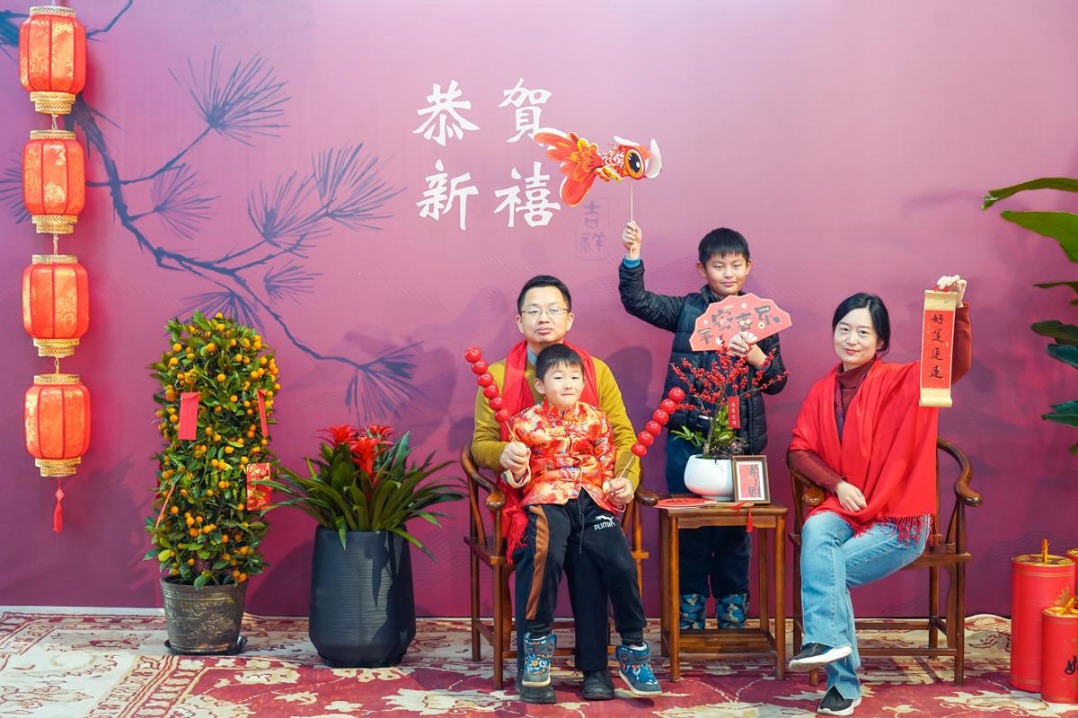UNAIDS asks Chinese to produce drugs

Shortages pose major challenges in Africa, chief of program says
The head of the Joint United Nations Programme on HIV and AIDS has called on China to boost prevention and control in Africa by encouraging the country's drugmakers to open production hubs on the continent.
Michel Sidibe, executive director of UNAIDS, said the central government should use the China-Africa Development Fund to mobilize key pharmaceutical companies to invest in manufacturing hubs covering many African countries, which will help create a "viable and sustainable" market.
At the same time, medicines for HIV and AIDS produced in China and used by Chinese should be prequalified by the World Health Organization for use in Africa, he added. "We need to create a policy space to make sure those products can be prequalified by the WHO. That is one of the major challenges for the African countries to have easy access to these medicines," said Sidibe, who also is under-secretary-general of the United Nations.
Shortages of drugs and grassroots healthcare workers pose a major challenge for the control and prevention of HIV/AIDS in Africa, he said, while China also has experience and knowledge in the field that can be passed on.
"Ninety-seven percent of the medicine consumed in Africa is from other continents," Sidibe said. "We are happy that we have a very good relationship with the Chinese."
President Xi Jinping proposed intensifying cooperation with Africa in a number of areas, including industrial development, agriculture, finance, poverty alleviation and healthcare, at the 2015 summit of the Forum of China-Africa Cooperation in South Africa.
According to a 10-point action plan, the central government will encourage Chinese enterprises to collaborate with Africa in drug research, development and production, and encourage them to produce drugs in Africa to aid the sustainable development of the local pharmaceutical industry.
Globally, countries are making unprecedented progress in the control and prevention of HIV. For the first time, the world has more people with HIV receiving treatment than people waiting for treatment, and for the first time, HIV transmission from mother to babies is under control.
Moreover, China is committed to improving public health services, Xi said, noting that government health expenditures have increased by 80 percent over the past 10 years, and that it is helping to provide wider access to health services.,
- Shanghai opens flower market over new year celebration
- Harbin's ice and snow sculpture competitions begin
- New sections of 2nd Chongqing-Hunan expressway open to public traffic
- Spectacular aurora in NE China's Heilongjiang
- Train themed on ice and snow tourism starts operation in China's Heilongjiang
- Efforts urged for ensuring prospects for peaceful reunification





































